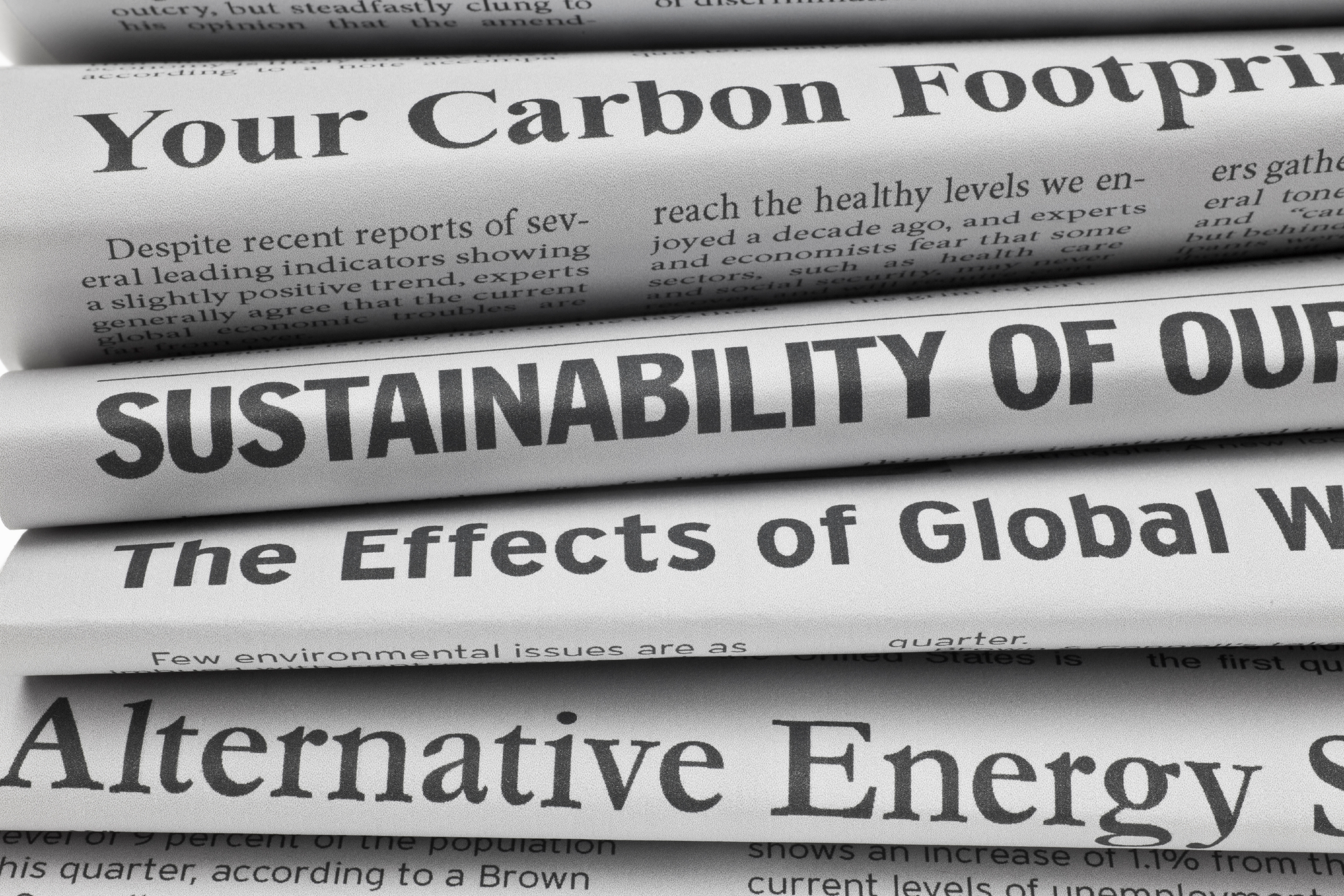In the media: "Prisoners of the atom”
Süddeutsche Zeitung
“Prisoners of the atom”
The share of nuclear power in France’s power generation is to be reduced from 75 percent today to 50 percent in 2025. But it’s wrong to think that the new French energy transition law in any way involves a renunciation of nuclear power, writes Leo Klimm in an opinion piece for the Süddeutsche Zeitung. There is no concrete plan for if or when nuclear power stations could go offline and no financing scheme for the envisaged development of renewables energies. The law is only a promise, ahead of the UN climate conference in Paris, says Klimm. The new law gives an upper limit of 63.2 gigawatts nuclear power generation. This is exactly what French reactors are producing at present so it doesn’t mean a single plant has to be shut down, Klimm writes.
Frankfurter Allgemeine Zeitung
“Energiewende in Paris”
Compared to the vehemence of the German energy sector transformation, the French law resembles a gentle summer breeze, says Christian Schubert in an op-ed for the Frankfurter Allgemeine Zeitung. It’s not even clear if any French nuclear plants will be shut down in the next 10 years. The French, who otherwise happily embrace innovation, act more sensibly and less abruptly than the Germans, Schubert writes. They know how valuable cheap nuclear power is for a competitive industrial sector, even though it’s sometimes forgotten that the French taxpayer is paying for a range of additional costs for nuclear power.
Renewables International
“France’s new energy transition law”
Craig Morris gives and overview of the details of the new French energy transition law on Renewables International and finds fault with France’s envisaged renewable growth. “If renewables are to make up for the reduction in nuclear, they would have to increase to 45 percent of supply by 2025 – yet the target for renewable electricity is just 40 percent by 2030,” he writes. He also says the nuclear sector is hoping to forego cuts altogether. Since the law's target for nuclear capacity is equal to current capacity, old reactors could remain online unless replaced by new ones.
Read the analysis in English here.
Der Tagesspiegel
“Flexibility is key to success for Energiewende”
The digital revolution of the energy sector has so far almost exclusively happened on the production side, with modern wind turbines that can be controlled remotely by grid operators to ensure network stability, writes Hermann Albers, president of German Wind Energy Association BWE in the Tagesspiegel. Now it’s time that this high-tech strategy is applied to consumption. Flexible power prices can prompt households to use more cheap power when availability is high. Household batteries would be charged during these times, so that fridges, TVs and coffee machines run on the stored power later. The same should work for large industrial consumers, writes Albers. The government should shape new incentives in this area, he says.
Read the article in German here.
German Institute for Economic Research (DIW)
“A Coordinated Strategic Reserve to Safeguard the European Energy Transition”
In a discussion paper about power market design, researchers from the DIW argue that a strategic reserve has advantages compared to other capacity mechanisms in the context of the European energy transition. The authors find that a strategic reserve that sets aside capacity to be used only in the event of extreme supply shortages, “could improve the security of electricity supply without distorting the EU’s internal electricity market” and would be cost-efficient if coordinated between countries.
Read the paper in English here.
See a CLEW factsheet on German power market reform here.
Stuttgarter Zeitung
“Liberal democratic party FDP criticises energy policy of federal government”
Christian Lindner, head of the liberal democratic party FDP which since the last general election is not represented in the federal parliament, is preparing for three state elections in 2016 and one of his central campaign topics will be energy policy, writes the Stuttgarter Zeitung. “The dreadful permanent subsidies for renewable energies have to be stopped immediately,” Lindner said. Spending billions on mothballed lignite power stations was “ludicrous” - these plants would better be kept in the power market where they could earn money rather than be paid for shutting down, Linder says in the article. Germany’s highly ambitious CO2 reduction targets should be cut down to European standards, he demands, otherwise the country will damage its economic assets and grid stability.

